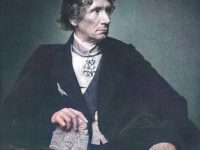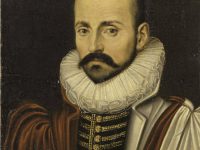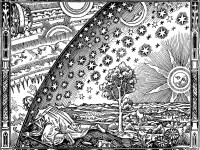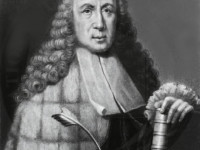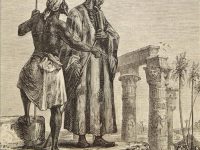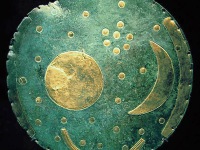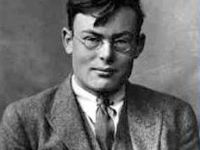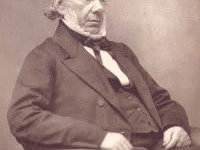Leo von Klenze and the Greek Revival Style
On February 29, 1784, German neoclassicist architect, painter and writer Leo von Klenze was born. Court architect of Bavarian King Ludwig I, Leo von Klenze was one of the most prominent representatives of Greek revival style. Among his famous buildings are amongst others the Glyptothek in Munich, the New Hermitage in Saint Petersburg, or the Walhalla temple near Regensburg. Early Years Klenze was born in Buchladen, near Schladen, Lower Saxonia, Germany, to…
Read more

